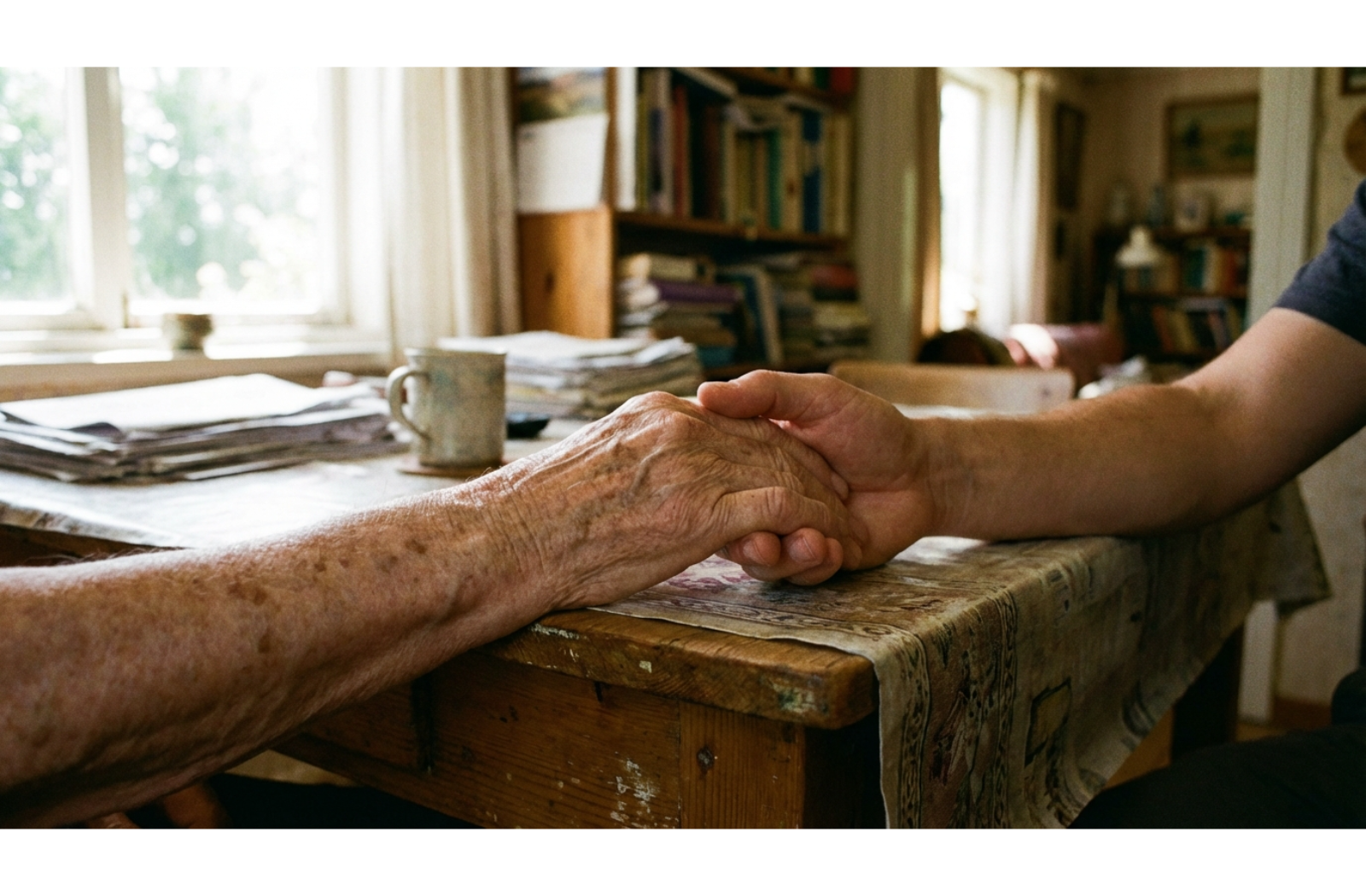How to Know If Assisted Living Is Right for Your Loved One
- Posted on
- By Mira Vie Senior Living

Making the decision to transition a loved one into assisted living isn’t always easy. It’s an emotional and significant step for both you and your loved one. However, it could also mark a positive new chapter in their life, providing them with the support they need to remain independent while enjoying their golden years.
Evaluating if assisted living is the right choice for your loved one involves exploring daily living needs, medical requirements, and social and emotional well-being.
What Is Assisted Living?
Assisted living is designed for seniors who can no longer manage all of their daily activities independently but who want to retain as much autonomy as possible. These communities provide support with daily necessities such as dressing, bathing, and medication management, all while fostering a safe, supportive environment.
Residents usually live in private or semi-private apartments, with access to communal dining areas, social spaces, and activity rooms. Staff is available 24/7, offering peace of mind for both residents and their families.
Key benefits include:
- Personalized care plans tailored to individual needs.
- Nutritious, chef-prepared meals that cater to dietary requirements.
- Maintenance-free living with services like housekeeping and repairs.
- A rich social life through organized activities and events that encourage connection and emotional well-being.
Assisted living provides the right balance of independence and support, enabling residents to thrive in a vibrant and enriching community.
Signs It Might Be Time to Consider Assisted Living
Deciding when assisted living is the right step depends on several factors, including:
1. Challenges with Daily Activities
If your loved one struggles with activities of daily living (ADLs), such as bathing, dressing, using the toilet, or managing their medication, it could signal that they need more consistent help. Assisted living communities are equipped to bridge these gaps while encouraging as much independence as possible.
2. Increasing Medical Needs
For individuals with chronic health conditions, managing medications and frequent doctor visits becomes critical. Assisted living communities can’t replace full-time medical care, but they often provide health monitoring, medication management, and access to medical professionals.
3. Loneliness & Isolation
Seniors living alone may face isolation, which can lead to depression or a decline in their physical and mental health. A community environment with planned activities, group dining, and opportunities for social interaction can help combat loneliness.
4. Safety Concerns
Have there been frequent falls, accidents, or periods of confusion? Safety is a key priority in assisted living communities, with 24/7 help, safety features like grab bars, and emergency response systems in place.
How to Assess If Assisted Living Is Right for Your Loved One
States typically require residents to meet specific qualifications before moving into an assisted living community. You might need to coordinate with a registered nurse or healthcare professional to conduct a needs assessment, which evaluates physical, cognitive, and emotional health.
Common eligibility criteria include requiring assistance with two or more ADLs, help with medication, or support due to cognitive impairment such as dementia.
Explore Assisted Living Communities
Once you’ve identified your loved one’s needs, visiting potential assisted living communities is key. Look for communities that offer clean, welcoming environments and a variety of amenities. Speak with the staff, observe activities, and ask specific questions about their care procedures and resident programs.
Allow your loved one to participate in the decision-making process. This step can greatly ease their transition by ensuring the community aligns with their preferences and concerns.

The Benefits of Assisted Living
Transitioning to assisted living can be life-changing for seniors. It’s not just about receiving help, it’s about enriching their quality of life. Here are some notable benefits assisted living provides.
- Personalized Care: Each resident receives a care plan tailored to their needs, ensuring they get the right kind of support where it’s needed most.
- A Sense of Community: Social isolation is replaced with engagement through group activities, events, and friendships. Many residents rediscover their excitement for social connections.
- Safety & Security: Staff availability around the clock and emergency alert systems alleviate worries about accidents or injuries.
- Simplified Living: Say goodbye to housework! Residents can enjoy a clean, worry-free environment with meals prepared, laundry handled, and repairs managed.
- Family Peace of Mind: Knowing your loved one is safe, cared for, and engaged brings profound peace of mind to families.
- A Focus on Wellness: Many communities provide wellness initiatives and recreational programs to promote mental, physical, and emotional well-being.
Empower Your Loved One with the Support They Deserve
Moving a loved one into assisted living is a big step, but for many families, it’s also the right step. Mira Vie at Clifton ensures that seniors can maintain their dignity while enjoying the benefits of a supportive and vibrant community.
By addressing their daily needs, boosting their social engagement, and prioritizing safety, assisted living allows your loved one to fully enjoy their golden years. If you’re considering this transition, schedule a tour at one of our communities today and take the first step toward peace of mind and a better quality of life for your loved one.
Related Articles

Understanding Various Types of Assisted Living Contracts
Key Takeaways Senior living communities offer several contract types, including those with large entrance payments